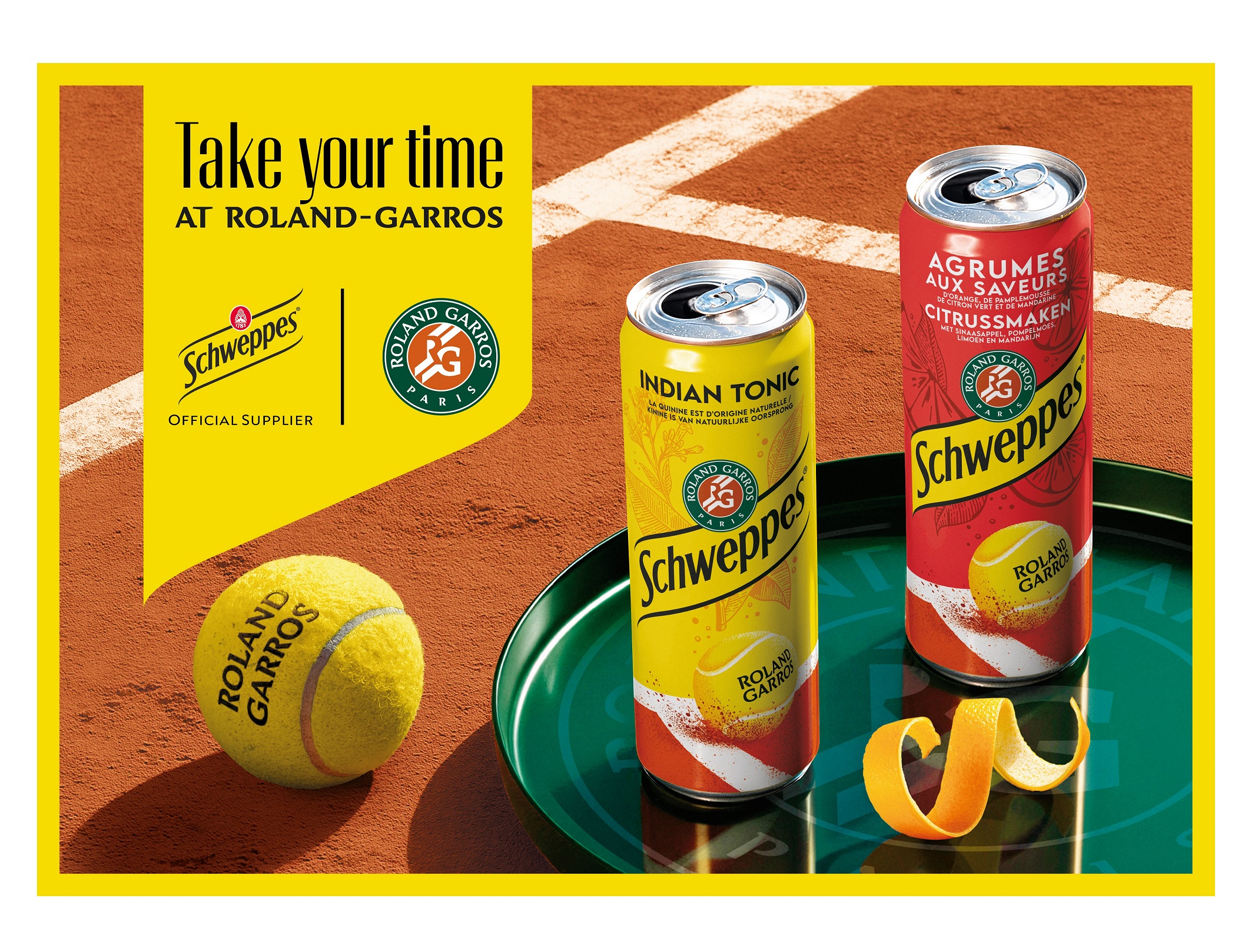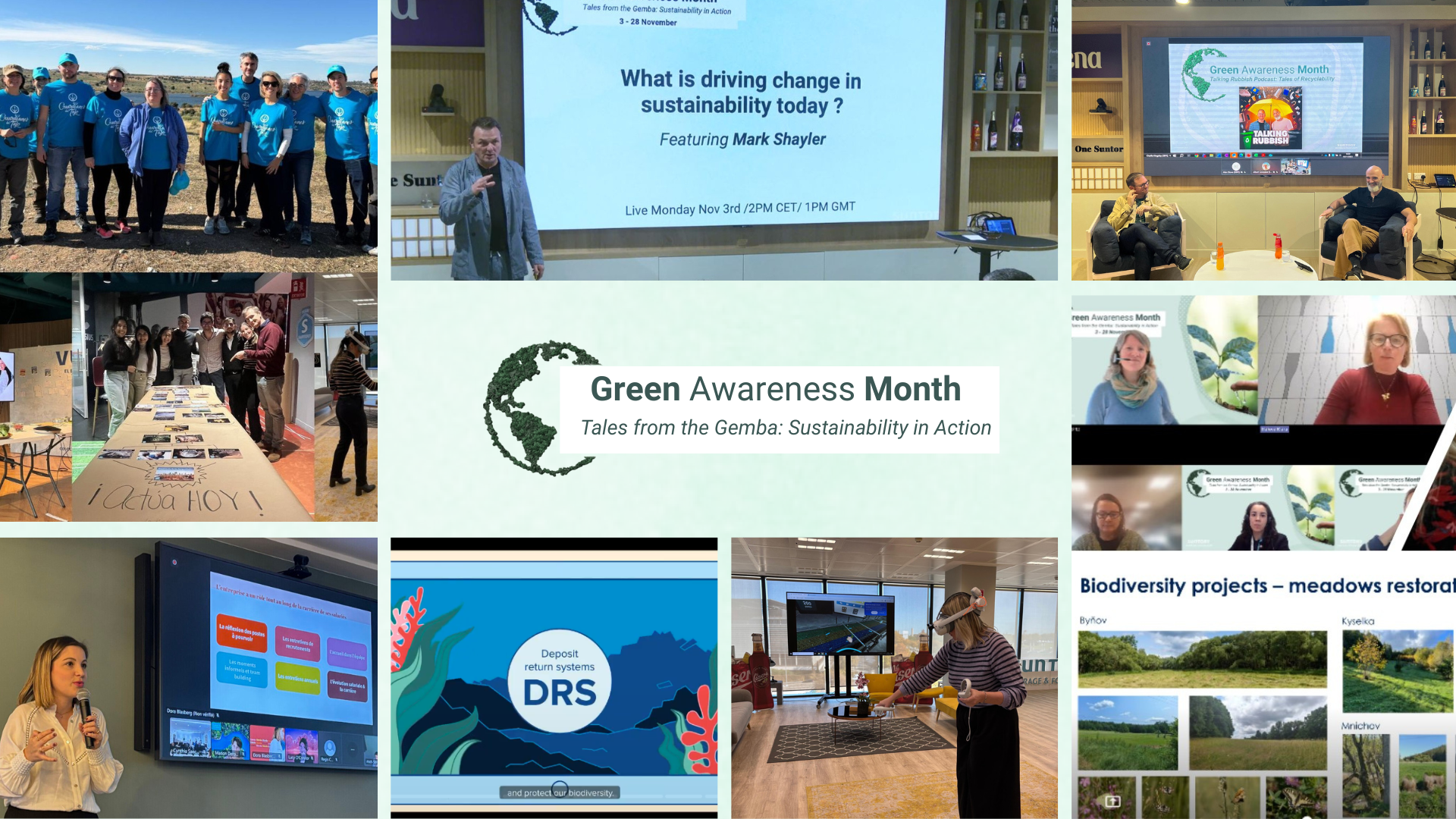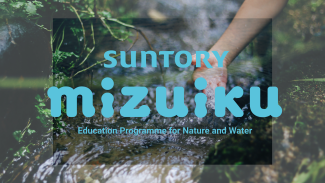We’ve just published our fourth annual report under the EU Code of Conduct on Responsible Food Business and Marketing Practices - a voluntary EU framework supporting healthier diets and more sustainable food systems. It reflects the progress we’re making across key areas of our sustainability journey, from reducing sugar and emissions to advancing circular packaging and water stewardship.
Aligned with the Code’s aspirational goal of promoting healthier, more balanced diets for European consumers, we’ve achieved a 30% reduction in added sugar across our portfolio compared to 2015. This reflects years of reformulation, scientific rigour and investment in lower-sugar drinks - including Schweppes Indian Tonic in Spain, now with just 2.4g of sugar per 100ml (down from 8.9g), and Oasis Tropical in France, which contains 38% less sugar than in 2006. To go further, we continue to call for more enabling EU nutrition policies, including greater flexibility to use sweeteners responsibly, a critical tool to reduce sugar without compromising taste or safety.
On packaging, in support of a more circular and resource-efficient food chain, our portfolio reached 47% recycled PET (rPET), with some brands, like Schweppes in France, already at 100% rPET in their 500ml bottles. We’re also investing in future-facing technologies, such as enzymatic recycling through the Carbios consortium, to help build the infrastructure Europe needs to close the loop.
We believe the Packaging and Packaging Waste Regulation (PPWR) is a chance to raise the bar on recyclability across Europe. To succeed, we need clear rules and smart implementation that support real circularity. Says Michelle Norman, Director of External Affairs and Sustainability.
As part of our contribution to a climate-neutral food chain by 2050, we’ve reduced Scope 1 and 2 emissions by 18.3% and Scope 3 by 16.5% compared to 2019. A new carbon calculator is helping us track reductions more accurately, with local roadmaps now focused on packaging, greener transport and energy efficiency. We also recycled 99% of waste from our factories and reduced food waste by 9.8% - advancing the Code’s objective to prevent and reduce food loss and waste through better planning, food donation and partnerships with food banks in six countries.
We also reached a 13% reduction in water use across our operations (vs 2019), and continued rolling out our Mizuiku water education programme in France, Spain and the UK helping equip young people with the knowledge and awareness to value and protect water for the future.
We remain fully committed to the Code and to working with policymakers, partners and industry peers to accelerate meaningful change and contribute to a more sustainable food system.
Download our 2025 EU Code of Conduct on Responsible Food Business and Marketing Practices report here.




